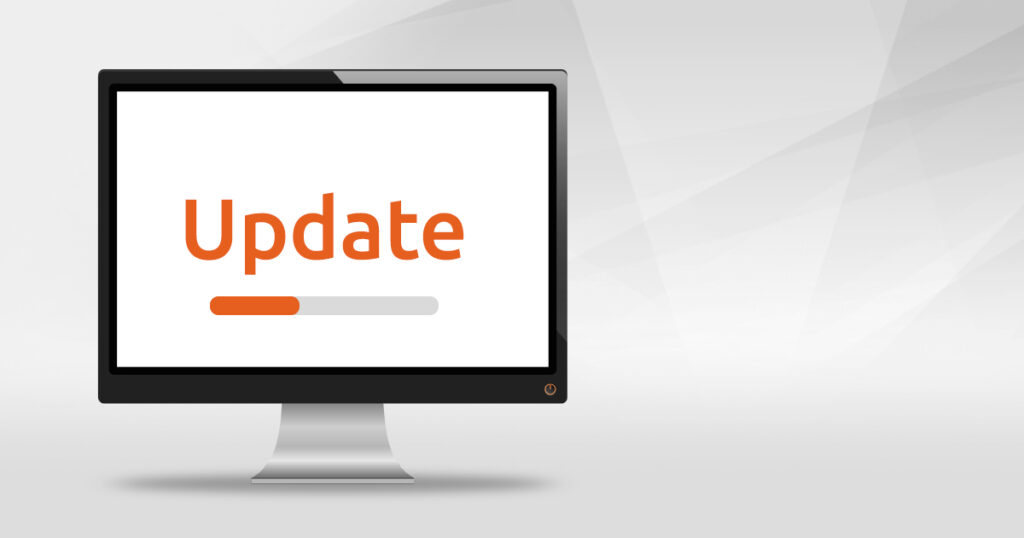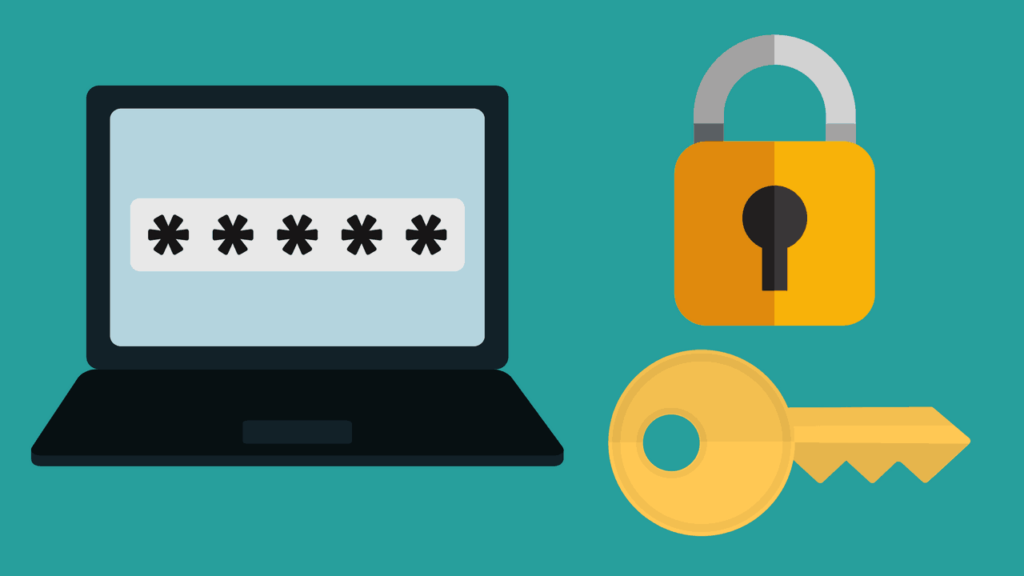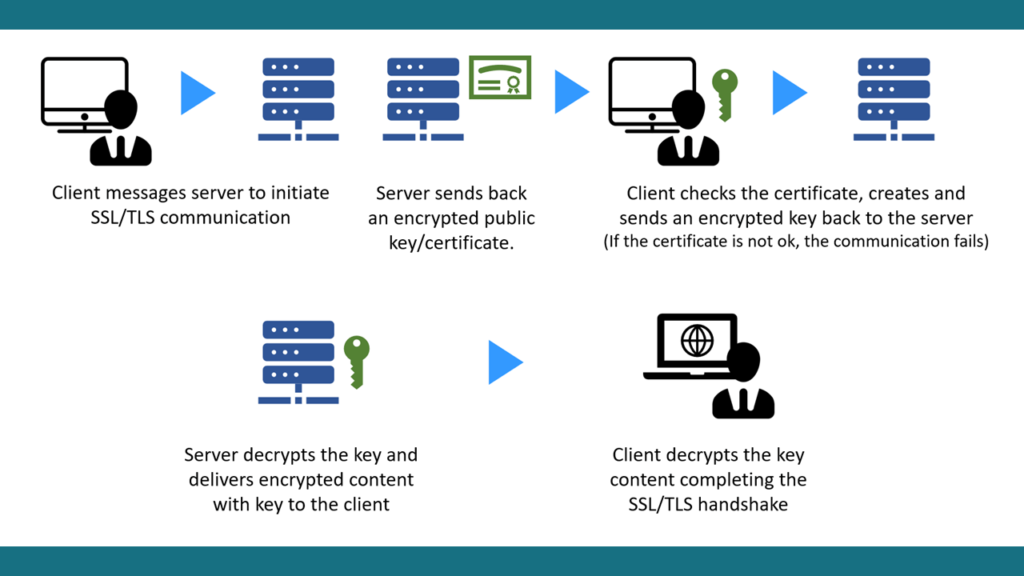To begin with, website security measures are of paramount importance to protect your valuable data and provide a safe browsing experience to your visitors. Implementing these essential website security measures not only prevents unauthorized access but also builds trust and credibility with your audience.
Meanwhile, In this article, will delve into the essential website security measures you need to protect your data and web visitors from cyber attacks
Keeping Software Updated:
To ensure the highest level of protection, constantly update and patch your website’s software, including content management systems (CMS), plugins, and themes. Regular updates address any security vulnerabilities identified by developers, eliminating potential entry points for hackers.

Using Strong and Unique Passwords:
Creating strong and unique passwords is vital for website security. Implementing a stringent password policy that requires a combination of uppercase and lowercase letters, numbers, and special characters is essential. Encourage website users to use password managers to ensure their passwords are secure and unique across various online platforms.

Implementing SSL Certificates:
Secure Sockets Layer (SSL) certificates encrypt data transmitted between your server and users’ browsers, ensuring that sensitive information remains private.
Further, it is crucial to install an SSL certificate to establish a secure connection using HTTPS protocol, especially for websites that handle user data like e-commerce platforms or login portals.

Regular Data Backups:
Frequent data backups act as a safety net during unforeseen events such as hacking attempts, server failures, or accidental deletions. Prioritize automatic, regular backups of your website’s files and databases. Store backups in secure off-site locations, ensuring they are easily retrievable when needed.
Employing Web Application Firewalls (WAF):
Web Application Firewalls act as a protective shield, filtering out malicious traffic and blocking suspicious activities before they reach your website’s server.
WAF solutions actively monitor incoming requests, identifying and mitigating various types of cyber threats such as SQL injections, cross-site scripting (XSS), and Distributed Denial-of-Service (DDoS) attacks.

Conducting Security Audits:
Regular security audits help identify vulnerabilities and weaknesses in your website’s security infrastructure. Collaborate with cybersecurity professionals to conduct comprehensive audits, employing tools and techniques to detect potential security gaps. Besides this, promptly addressing the identified issues enhances your website’s resilience against potential threats.
Educating Website Users:
Cybersecurity awareness among users is paramount to overall website security. Create user guidelines emphasising safe online practices, such as using strong passwords, recognizing phishing attempts, and avoiding suspicious downloads. Besides this, regularly communicate security updates and best practices to your website visitors through blog posts, newsletters, or pop-up notifications.

Conclusion:
Prioritizing website security measures is not only essential for safeguarding your data and protecting your visitors but also for maintaining your website’s reputation and credibility.
In the same vein, regularly updating software, using strong passwords, implementing SSL certificates, and employing web application firewalls are imperative steps to enhance your website’s defences against cyber threats.
To sum up, by incorporating these measures and raising cybersecurity awareness, you can establish a secure online environment for your website users.
Read: The Future of Technology: Exploring the Impact of Artificial Intelligence






